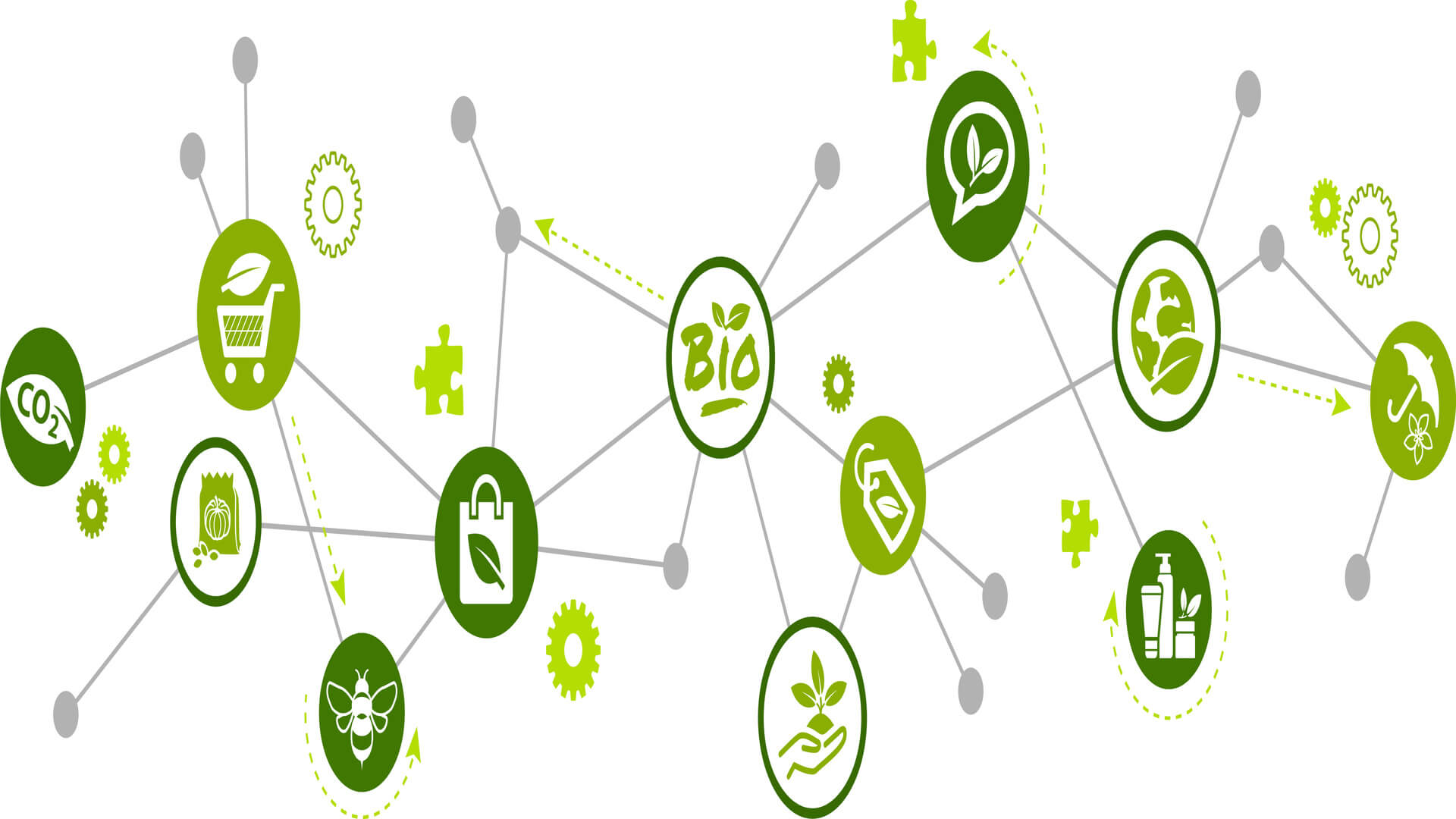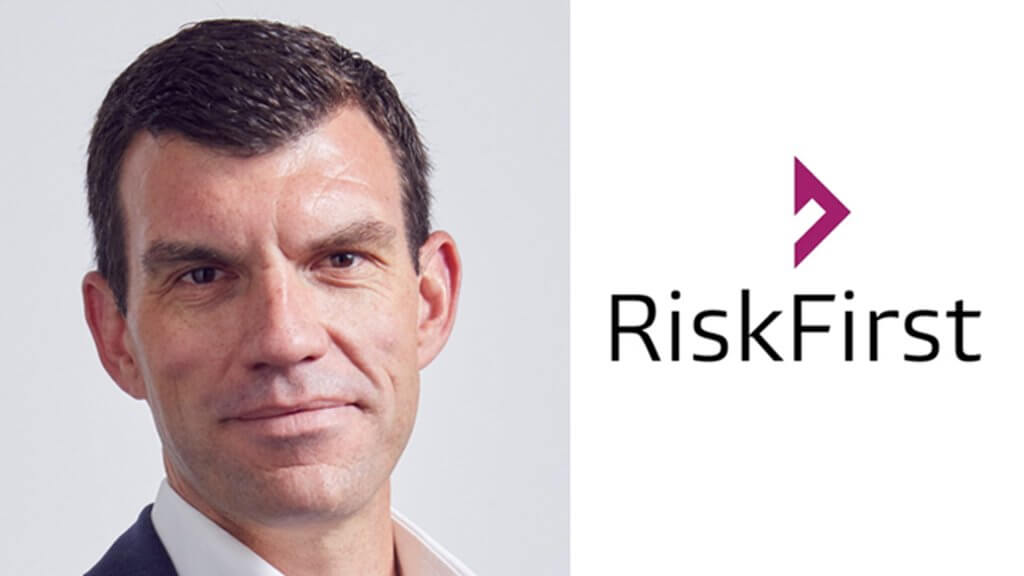Eco Brands Helping the World
Although us as consumers might do all we can to reduce our carbon footprint like recycling all items possible, taking public transport, cutting down on meat consumption or switching from oil to gas, there are 20 firms behind a third of all global carbon emissions. According to researchers, these companies are responsible for knowingly accelerating the climate crisis even after scientific evidence.
Climate change is a global threat which requires global reforms enforced by governments across nations. Although the power of consumers pales in comparison to international corporations, consumers have a responsibility to spend their money which will have a positive impact rather than further empowering these harmful companies — eco brands that are sustainable. Research shows that 88 percent of consumers want brands to help them be more environmentally friendly.
Here, we’ll take a look at the top brands that are making the biggest green waves in terms of sustainability, diversity, and equality.
Patagonia
The apparel industry as a whole accounts for around 10 per cent of global carbon emissions due to production, manufacturing, and transportation of the millions of pieces of clothing purchased each year. To put that into perspective, aviation only accounts for two per cent of global emissions.
Patagonia is a popular outdoor adventure-wear brand which is committed to respecting the outdoors and nature that its shoppers respect. Patagonia is a B Corporation, with the “B” standing for “benefit.” These B Corps must meet extremely high standards of social and environmental performance, accountability, and transparency. Brands must score a minimum of 80 to be certified, with Patagonia at 151.
All of the cotton and fabrics sourced for the clothing is certified organic as well as a high proportion of eco-friendly and recycled materials. Patagonia’s strategy is the opposite of fast fashion, creating products that are high-quality and long-lasting so that less is bought to replace garments that fall to pieces after a few wears. Shoppers are encouraged to buy and sell worn wear, with the option to send back in used items to be repaired and resold. The company donates one percent of sales to environmental organisations such as Worldwide Fund for Nature (WWF), with $89 million being donated since 1985.
The company is also known for progressive procedures and services like onsite childcare, three-day weekends every other week, and has pledged to bail any employee out of jail who is arrested for peacefully protesting for the environment.
Tentree
It seems that outdoor brands are leading the way in sustainable business practices, with tentree, who create outdoor clothing and base their whole marketing strategy around planting ten trees for every purchase made. In 2016, tentree became a certified B Corp, scoring 124. Since the company’s start in 2012, tentree have planted almost 40 million trees in more than eight countries, with a corporate mission to plant one billion by 2030. Trees absorb and store carbon dioxide emissions that are driving climate change, with research estimating that a global planting initiative could remove two-thirds of all emissions from human activities in the atmosphere.
Tentree’s mission is reflected in the materials used as sustainable materials like lyocell and hemp. The brand endorses complete transparency in their operations, providing insight into its ethical manufacturing and disclosing the environmental footprint for each product made. In terms of inclusivity and diversity, tentree’s products are inclusive to body types.
CanO Water
As mentioned prior with Coca-Cola being the world’s biggest offender of plastic waste, plastic water bottles are one of the biggest causes of ocean pollution. Statistics report that in the UK alone, 7.7 billion plastic water bottles are used each year. Water is an abundant and natural resource, so with bottled water essentially being unethical and unnecessary, the thought of shipping water across the world seems absurd. What is our obsession with bottled water when we have a tap feeding unlimited amounts of water to our homes? Well, with water quality deteriorating due to pollution and sewage companies in the UK, many opt for bottled water under the misconception that it’s cleaner.
CanO Water is packaged in recyclable and sealable aluminium cans that can be recycled an infinite number of times, creating a plastic-free cycle. You can refill and reuse these cans of water as you please, making them convenient and eco-friendly. ‘Wave Goodbye to Plastic Pollution’ is an ocean clean-up campaign created by CanO Water to both make our seas cleaner while raising awareness of the looming crisis our oceans are facing. The campaign encouraged the public to post a ‘wave’ emoji 🌊 on CanO Water’s Instagram post, with each wave equivalent to removing 3.5 plastic bottles of plastic from beaches.
Fairfields Farm
Essex-based potato farmers, Fairfields Farm, are playing their own part in the fight to become more sustainable. Thanks to a packing facility, that is supplied daily with potatoes grown on the farm, their food miles are as low as possible, giving them low carbon footprint produce.
They also use fertiliser from its renewable anaerobic digestion site for potato growth, which results in less carbon being released into the atmosphere. It also powers the potato cold stores with renewable energy from both solar power and its digestion site, which saves several thousand tonnes of carbon per year.
Their work has not gone unnoticed, as HelloFresh, the recipe delivery service, will be using the farm for their supply of potatoes.
There are plenty of sustainable brands playing their part in creating a clean and safe planet for us. Make sure you do your research so that your money goes towards a greener future.

Stay updated with our latest publications.
Discover Issues
See how we can help you grow in the online space!
Advertise With Us
We can help promote your business.
Find Out More




